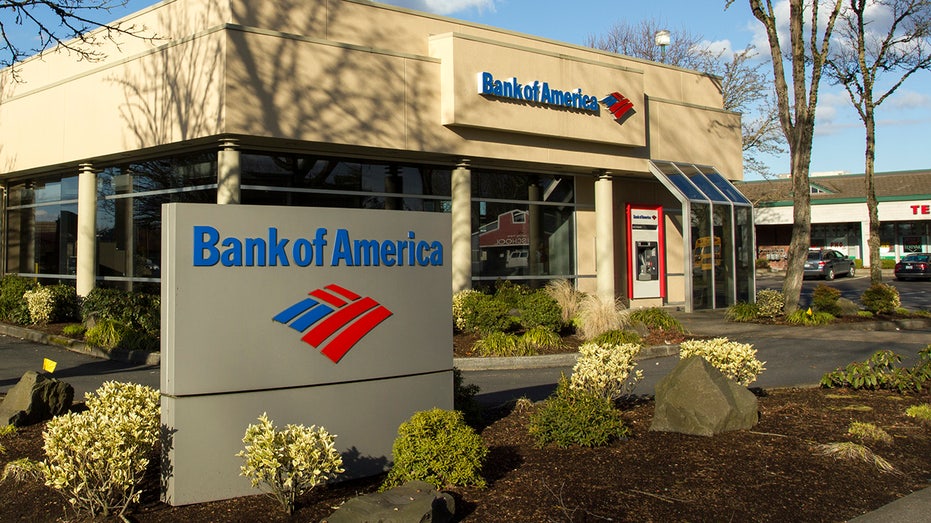Two ex-Bank of America traders accused of spoofing found guilty
Edward Bases and John Pacilio were convicted of rigging precious-metals prices after a criminal trial in Chicago
Two former Bank of America Corp. traders were convicted Wednesday of rigging precious-metals prices by using an aggressive tactic known as spoofing, the latest win for prosecutors in a yearslong effort to crack down on the practice.
A federal jury found Edward Bases and John Pacilio guilty of wire fraud and conspiracy charges after a two-week criminal trial in Chicago. The proceeding was a test of prosecutors' efforts to punish spoofing activity that predated a law defining the tactic and making it illegal.
Prosecutors argued that trading by Bases and Pacilio on futures exchanges operated by CME Group Inc. was deceptive, allowing the government to charge the conduct as fraud. Lawyers for the defendants argued that their style of trading was allowed before the 2010 Dodd-Frank financial overhaul law prohibited spoofing.
Spoofing involves sending deceptive orders that can mislead traders into thinking supply and demand have changed, according to regulators and prosecutors. The mirage, which some traders and attorneys argue is lawful bluffing, can move prices in a direction desired by the spoofer, while causing their counterparties to lose money.

Two former Bank of America Corp. traders were convicted Wednesday of rigging precious-metals prices by using an aggressive tactic known as spoofing, the latest win for prosecutors in a yearslong effort to crack down on the practice. (iStock)
Prosecutors argued Bases and Pacilio used spoofing to gain an illicit advantage from 2008 to 2014. The law defining and making spoofing illegal took effect in 2011, after most of the alleged activity had occurred.
"The government is trying to take old conduct, that wasn't against the law at the time, and turn it into a crime today," David McGill, an attorney for Pacilio, said during opening arguments for the case.
BANK OF AMERICA PROFIT SURGES EVEN AS LOW INTEREST RATES HURT
After the jury delivered its verdict Wednesday, McGill said: "We are disappointed in the outcome, and we are going to continue to fight to clear John Pacilio's name."
An attorney for Bases said the former trader and his lawyers "continue to believe that Ed is innocent and that his trading was permitted under the rules existing at the time and not fraudulent." Lawyers for both men are expected to file post-trial motions challenging the outcome.
A Bank of America spokesman and a Justice Department spokesman declined to comment. U.S. District Judge John Z. Lee, who presided over the trial, hasn't set a sentencing date.
| Ticker | Security | Last | Change | Change % |
|---|---|---|---|---|
| BAC | BANK OF AMERICA CORP. | 52.77 | -0.59 | -1.12% |
BIG BANKS HIKE DIVIDENDS AFTER PASSING FED'S STRESS TEST
Prosecutors countered that spoofing was always equivalent to fraud because the law forbids intentionally deceptive conduct that aims to take money or property from others. The Justice Department called a former Bank of America trader, Harnaik Lakhan, to testify about the traders' spoofing and say he learned how to do it from them.
"The spoof order was just smoke and mirrors," prosecutor Scott Armstrong told jurors in opening arguments. "A trick. A lie. A scam. Spoof orders pretending to be real supply and demand in the market."
The Justice Department has developed an approach to prosecuting spoofing cases that involves a mix of data mining, incriminating chat messages and the testimony of cooperating witnesses.
Prosecutors have used colorful trading charts that visualize spoofing patterns: a series of rapid-fire orders, all quickly canceled, that nudge prices toward a larger order the trader wants to be filled at a different price. Cooperating witnesses, typically more-junior traders who plead guilty and agree to testify against the defendants, help prosecutors try to convince a jury that the misconduct was intentional.
CLICK HERE TO READ MORE ON FOX BUSINSS
The verdict follows another win by the Justice Department at trial last year, when two former Deutsche Bank AG futures traders were convicted of manipulating gold and silver prices. Both of them were sentenced to one year and one day in prison.
Prosecutors have charged 20 traders with spoofing misconduct, with eight having pleaded guilty, and settled criminal cases over spoofing with JPMorgan Chase & Co., Deutsche Bank and Tower Research Capital LLC. The Justice Department lost two earlier spoofing trials, including one in 2018 against a former UBS Group AG trader.
Bank of America, which employed Bases until 2015 and Pacilio until 2011, agreed in 2019 to pay $25 million to settle criminal and civil investigations over its traders' conduct.




















